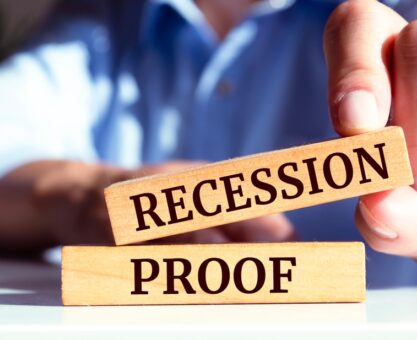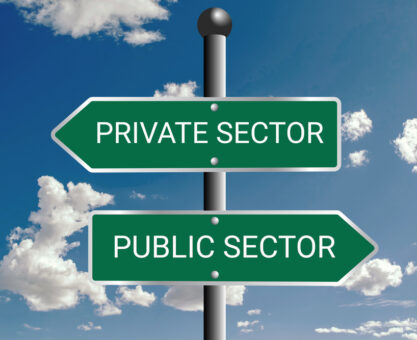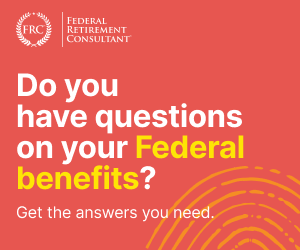Determining if your home will be a financial burden in retirement depends on two factors: the amount of your income when you’re no longer working and the amount you owe on your mortgage. Compared to previous generations who paid off their mortgage before retiring, today’s retirees are more likely to have a large outstanding principal, plus a home equity line of credit (HELOC). The big question: can you afford to make payments on your home loans when you’re no longer working for Uncle Sam?
The Difference Between An Asset & An Expense
At first glance, your primary residence may seem like an asset because it falls in line with the traditional meaning of the term: something that retains value or increases in value over time. However, you also have to consider that your home requires that you pay a mortgage with compounding interest plus property taxes, utilities, homeowners insurance and maintenance. These types of expenses can rise over time and become more of a liability when living on a fixed income.
“However, if you have a couple of decades to go before you’re close to paying off your mortgage, the costs of homeownership in retirement may become a burden over time.”
When Does Homeownership Become A Financial Burden?
The general rule of thumb for determining if your home is affordable is when the cost is no more than 30% of your pre-tax income. Of course, if you’ve paid off your mortgage, you’ve already eliminated your highest expense in retirement: housing. Just make sure you have enough money set aside in a savings account or your TSP for one-time expenses like a new roof or appliances. If you plan ahead, remaining in your home as long as you’re physically able makes sense.
However, if you have a couple of decades to go before you’re close to paying off your mortgage, the costs of homeownership in retirement may become a burden over time. Especially when you become physically unable to keep up with maintenance and repairs as your home ages along with you.
How Will Your Home Fit Into Your Retirement Plan?
To get started, you have to ask yourself the hard questions. How long will you be healthy enough to maintain your home? Or, will you need to pay for home maintenance services in the near future? Will your FERS annuity, Social Security and TSP provide enough income to cover all the costs of home ownership plus the rising cost of living? Or, will you end up with a retirement income gap?
These and other factors need to be analyzed to provide an accurate cost projection over a 20-to-30-year retirement. To get help crunching the numbers, contact an FRC® trained advisor in your area.


























